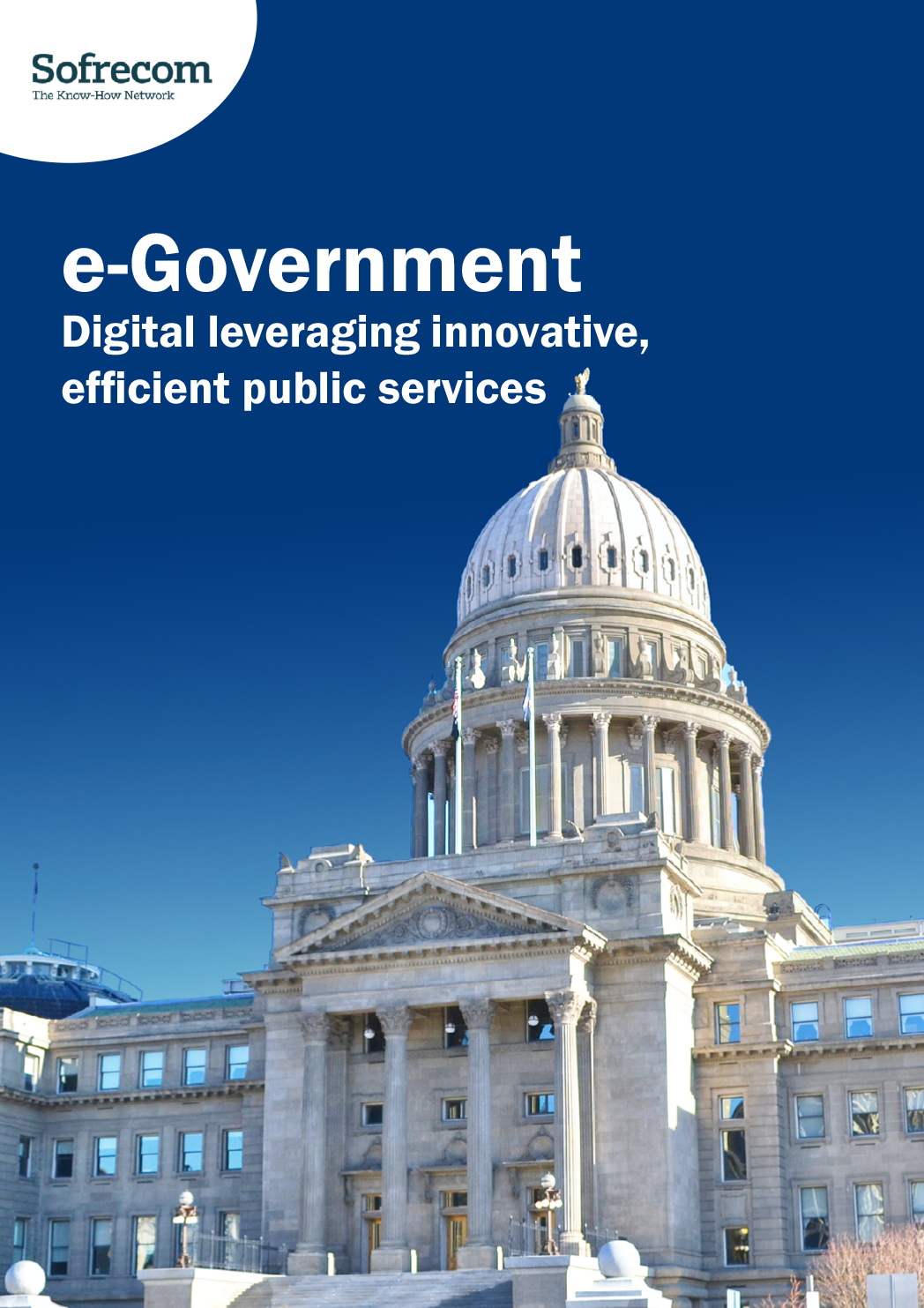
Sofrecom was invited to participate in the IPF9 program as part of a consortium, within the framework of investments in favor of the Balkans carried out by the European Investment Bank (EIB). Our mission was to conduct a feasibility study for the 1Gbps connectivity of primary and secondary schools in Kosovo, in line with the European Directive on 'Giga Connectivity,' which requires the establishment of a 1Gbps connection for all strategic buildings, including schools and government sites.
Maria MACRA, Governmental Projects Director

« A project with the European Investment Bank for the Ministry of Economy of Kosovo »
The Western Balkans Investment Framework (WBIF) was created in 2009 by the European Commission, with the participation of several development banks. The aim was to pool resources in the form of grants, loans and technical assistance to support the development of the Western Balkans, including the road construction, improvement of sanitation services, reliability of water and energy resources, digital inclusion projects… More than 150 projects are benefiting millions of people in the region.
As part of these investments in the Western Balkans made by the European Investment Bank (EIB), Sofrecom was engaged in the IPF9 program through a consortium to work on digital projects. The main objective was to conduct a feasibility study on 1Gbps connectivity to primary and secondary schools in Kosovo, in line with the European Directive on «Giga connectivity» that connects all strategic buildings including schools and government sites to a Gbps capacity.
To propose both realistic and economically beneficial solutions for the country by energizing the entire ICT ecosystem around each school, Sofrecom mobilized all of its areas of expertise. From a technical point of view, two scenarios were proposed: one to achieve connectivity at the lowest cost, and the other to allow technical solutions to benefit all implementation areas by providing a very high-speed connectivity ecosystem. From a socio-economic and financial standpoint, Sofrecom carried out a cost-benefit study of each scenario to highlight not only the financial needs but also the medium-term economic benefits of research, improving digital skills in the country, and their impact on GDP growth.
The project proceeded in several stages, the main ones being:
- An examination of the country's broadband situation by province: regulation, networks…, and the state of internet access in each school.
- An analysis of the gaps to achieve the set objectives
- The definition of the different scenarios and cost estimates,
- Cost-benefit analysis – benefits
Based on exhaustive data, such as online questionnaires, face-to-face interviews, and also regional data, the Sofrecom team was able to assess the feasibility of this project, for each schools based on three main criteria :
- Connectivity
- Accessibility
- Financial feasibility
Conclusion
Beyond the societal issue that actively participates in the inclusion of young people from an entire country, this connectivity project has allowed Kosovo to evolve its school access to high-speed internet. Institutions that had no access will benefit from a technological leap, benefiting not only the school but also the municipality, which will open an entire region.
The collaborative effort between a development bank and the Ministry of a country enabled Sofrecom to better understand the approach needed for infrastructure financing while enabling digital inclusion for the entire population.
Our expertise has been enriched with new methodologies, such as Cost-Benefit Analysis (CBA), the complex financing structure for a project involving donors, the evaluation of energy aspects in a technical response, and the use of network mapping tools.
Glossary
CBA : Cost Benefit Analysis
GDP : Gross domestic Product
FIRR : Financial Internal rate of return
MCE : Most Cost Effective
CBA (cost benefit analysis) : A cost-benefit analysis is a process used to determine the economic benefits of a decision and whether it is worth applying





